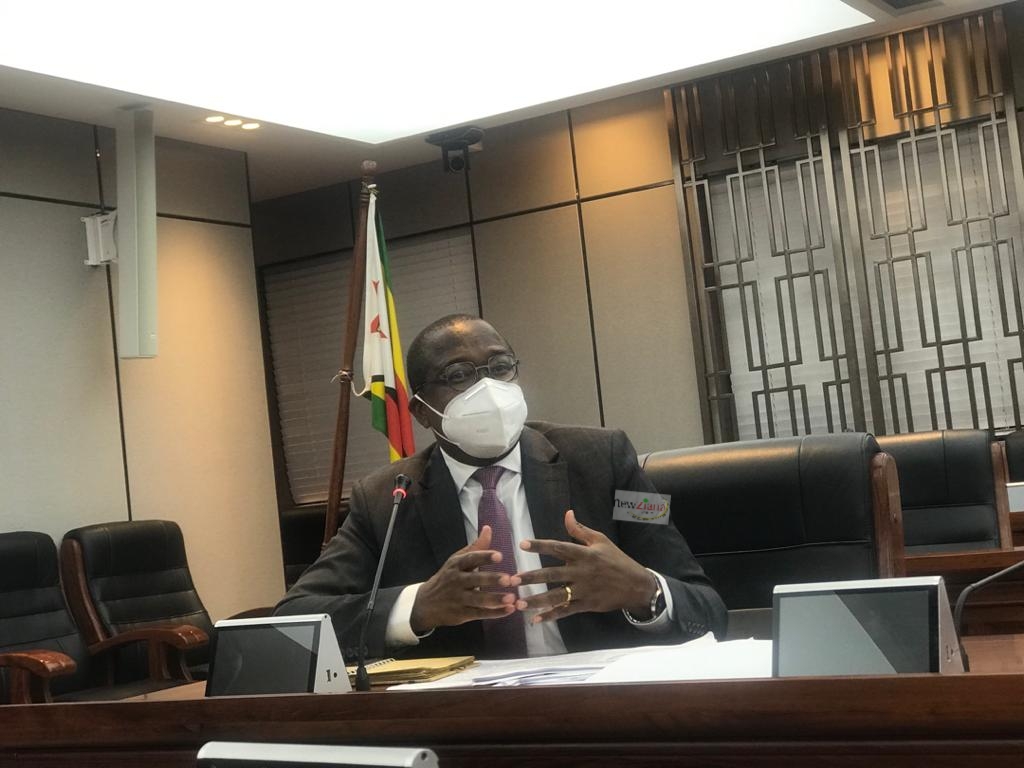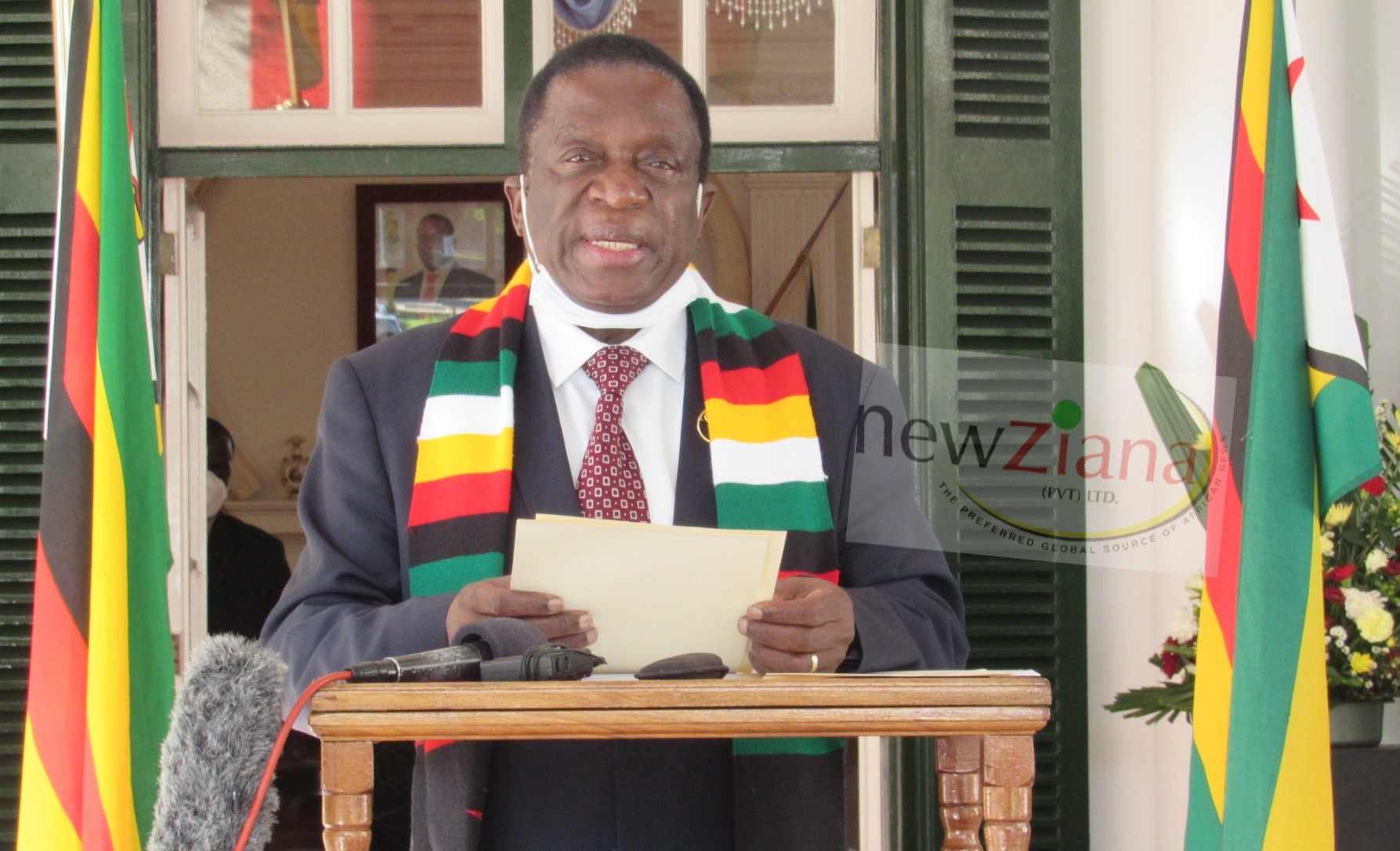Govt targets increased revenues
Share

Harare (New Ziana) – The government will start collecting presumptive tax from Micro and Small Enterprises (MSMEs) and informal operators who operate from partitioned units in commercial buildings to boost revenue collection.
Zimbabwe has a sizeable informal economy, but its contribution to the fiscus, through taxes has been generally low than anticipated.
In order to remedy this, Finance and Economic Development Minister Professor Mthuli Ncube said Zimra would create a specialised unit which will focus on tax collection from MSMEs during the first quarter of 2021.
This, he said, would ensure that the sector’s contribution to the fiscus was commensurate with their level of economic activity.
“Honourable Members would be aware that government has implemented a presumptive tax structure on informal businesses that include micro and small enterprises, with a view to ensure that they contribute to the fiscus.
“A number of enterprises operate from designated business premises where the landlords are either Local Authorities or private property owners such as the Gulf Complex and Kwame Nkrumah Mall, among others. Their place of business is, thus, comprised of partitioned units in commercial buildings. The fixed nature of business, thus, presents an opportunity for the tax administration to improve tax collections from presumptive taxes. I, therefore, propose to introduce a presumptive tax of an equivalent of US$30 per unit per month,” he said.
In the case of hairdressers, restaurants and bottle store operators, presumptive tax rates of $2 500 and $10 000 will apply respectively.
Landlords will be responsible for the collection of the taxes which take effect from 1 January 2021.
“Landlords that fail to collect and remit the tax will be subject to a penalty equivalent to the amount of tax payable and interest. Furthermore, landlords have the responsibility to keep accurate records regarding the number of occupants or operators in respective properties, in order to facilitate administration of tax. I, further, propose to remove the obligation for informal traders to notify landlords in order to facilitate collection of presumptive tax.”
Ncube said MSMEs were an engine for economic growth and development hence support will also be extended to them to grow their operations.
He said since 2017, government had supported the recapitalisation of MSMEs through ring-fencing revenue generated from presumptive taxes for on-lending to such enterprises by the Small and Medium Enterprises Development Corporation (SMEDCO).
“This Facility has enabled some MSMEs to procure capital equipment required in their respective trades,” he said.
“The growth of MSMEs, has, however, been hindered by lack of operating infrastructure, which is also a key consideration in accessing loan financing. Consequently, a number of micro and small enterprises are operating at undesignated places such as along major roads, in front of shops and residential properties, without appropriate sanitary facilities. This exposes the transacting public to disease outbreaks
“In order to avail the necessary infrastructure required for a vibrant MSME sector, the-ring fenced facility will be used to finance construction of MSME operating infrastructure, in partnership with the Infrastructure Development Bank of Zimbabwe.”
He added: “Furthermore, in line with the NDS1 thrust, the Ministry of Local Government and Public Works, in collaboration with the Ministry of Women Affairs, Community and Small to Medium Enterprises Development, will identify suitable operating sites and structures. Development of infrastructure will ensure that MSMEs operate in designated places, accessible to tax administrators, thereby enhancing contribution to the fiscus and reducing health hazards. This measure will be complemented by strict enforcement of council bylaws.”
Meanwhile, Ncube said in order to safeguard fiscal revenues, VAT registered operators’ systems should be interfaced with the Zimra server with effect from 1 December 2020.
Those who fail to do so will not be issued with tax clearance certificates.
“Non-compliant operators will be excluded from participating in the weekly foreign currency auctions. Furthermore, the Revenue Authority will, with immediate effect, undertake a comprehensive audit of all VAT Registered Operators, with a view to account for all sales in foreign currency,” he said.
New Ziana








